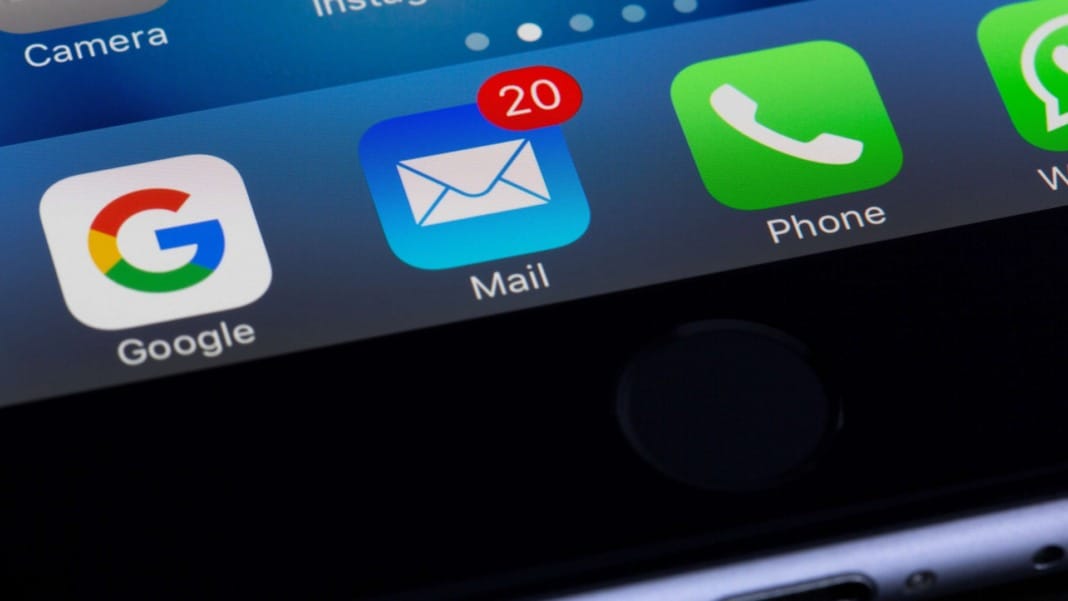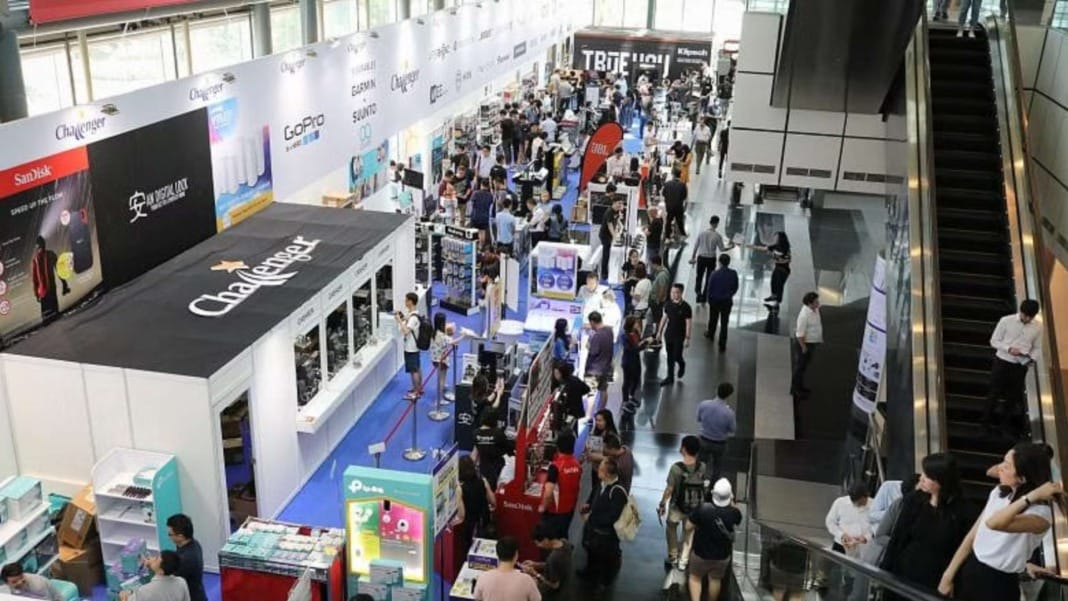Google’s John Mueller has hinted at potential adjustments to the search engine’s helpful content signals, suggesting that future changes might allow new pages to achieve better rankings. However, doubts remain about the effectiveness of these adjustments for many sites.
Understanding Google’s helpful content system
Introduced in 2022, Google’s Helpful Content Update initially applied a site-wide signal that could deem an entire site unhelpful, thereby preventing it from ranking well in search results. This approach has evolved, integrating the signals into Google’s core ranking algorithm, primarily at the page level, although site-wide signals are still considered.
Google explains that its core ranking systems are designed to evaluate the helpfulness of individual pages using a variety of signals. However, site-wide signals can still influence overall rankings. This has led to frustrations among publishers who find that new, helpful content struggles to rank well due to the residual impact of negative site-wide assessments.
Publishers voice concerns over sitewide effects
Discussions on social media platforms like X (formerly Twitter) reveal publishers’ frustrations with the current system. Many express concerns that new content is unfairly penalised before it can accumulate positive user signals, often stagnating on lower search result pages.
Yes, and I imagine for most sites strongly affected, the effects will be site-wide for the time being, and it will take until the next update to see similar strong effects (assuming the new state of the site is significantly better than before).
— John 🧀 … 🧀 (@JohnMu) May 18, 2024
SEO challenges and Google’s response
John Mueller has responded to these concerns by indicating a possible shift in Google’s approach to how helpfulness signals are applied. He suggests that the search team is exploring ways to better highlight high-quality pages from sites previously marred by strong negative signals. This potential change aims to allow more users to access content diligently improved by publishers.
However, Mueller was cautious, noting that any significant change would likely only become evident after the next update and could not guarantee immediate relief for all affected sites.
Why sitewide signal changes may not suffice
The ongoing challenge for publishers and SEO professionals is the opaque nature of Google’s ranking processes. Google’s search console notifies publishers of manual actions affecting their rankings but remains silent on losses caused by algorithmic adjustments, including those related to helpfulness signals. With the core ranking algorithm containing hundreds of signals, pinpointing the exact cause of ranking drops is complex.
For instance, a publisher recently correlated a rankings decline with the announcement of the site Reputation Abuse update. However, Google clarified that it currently only conducts manual actions, indicating that other factors might be involved.
While Google’s potential adjustments to helpfulness signals could benefit new pages, the complex nature of search rankings requires a broad understanding of the many variables at play. Publishers should maintain an open mind and consider various potential influences beyond the helpfulness signals when troubleshooting ranking issues.




